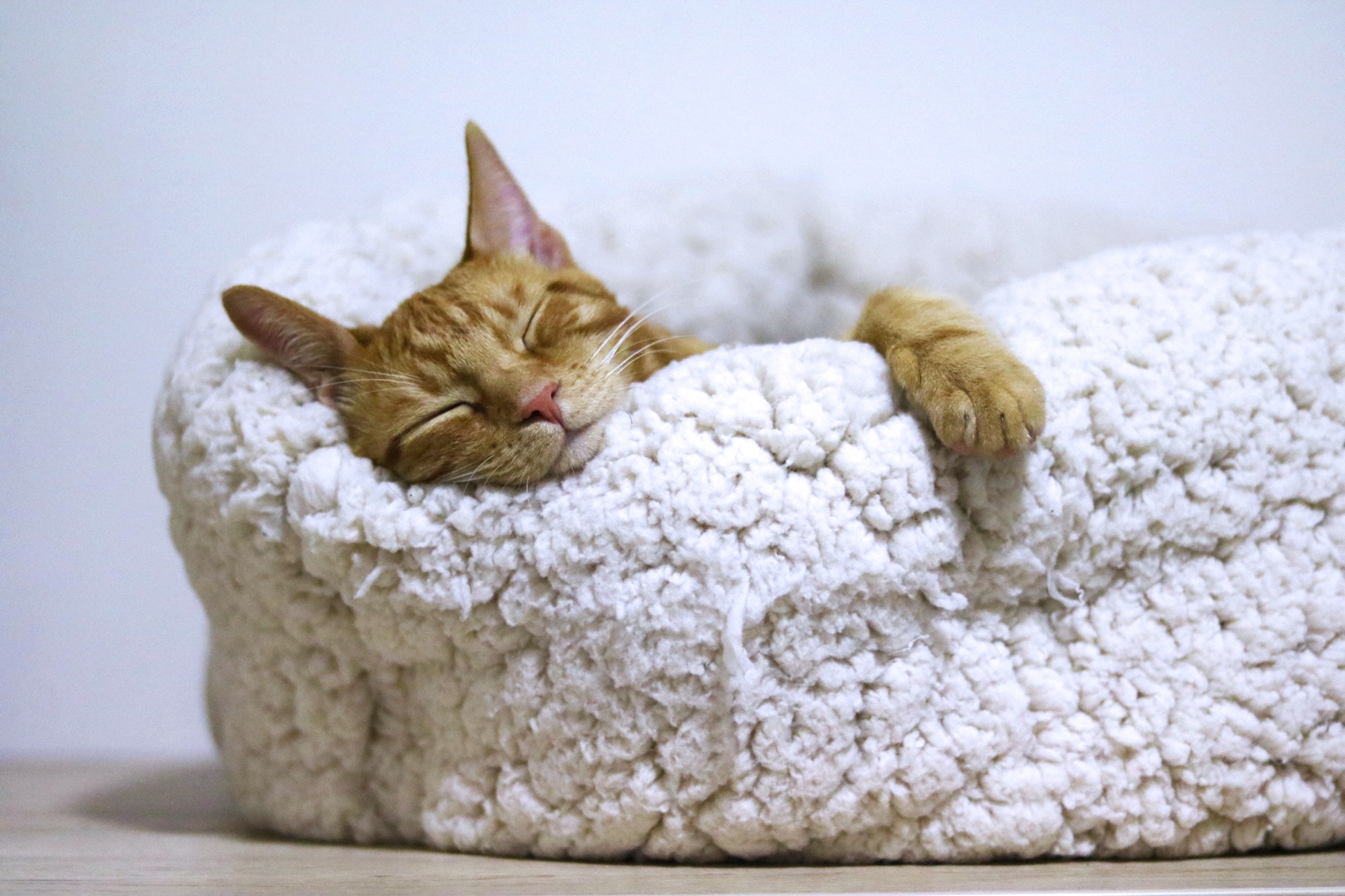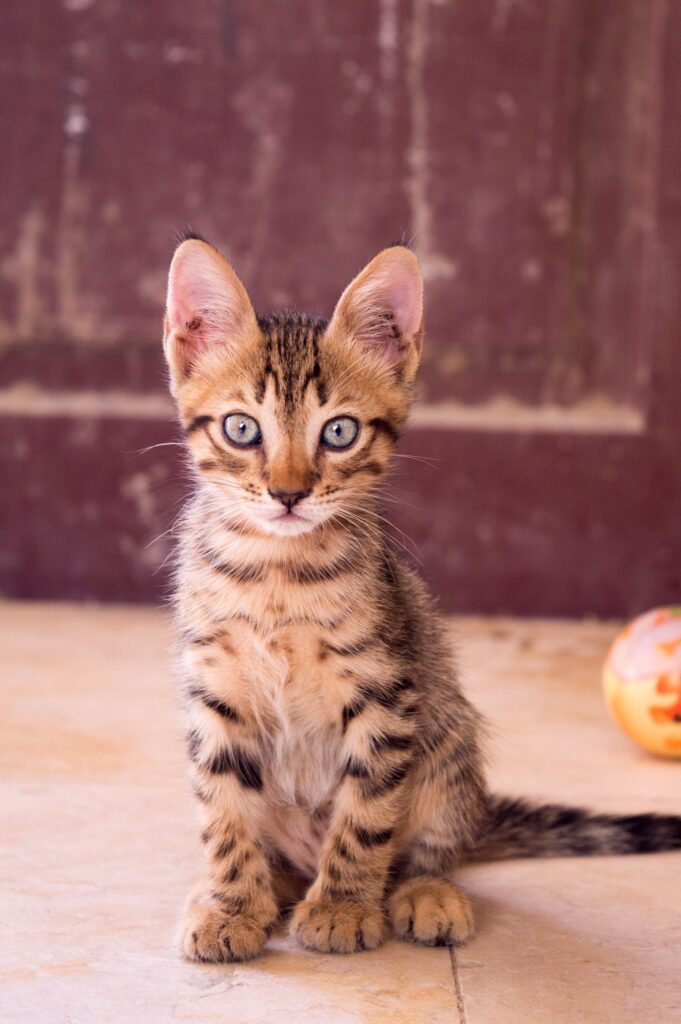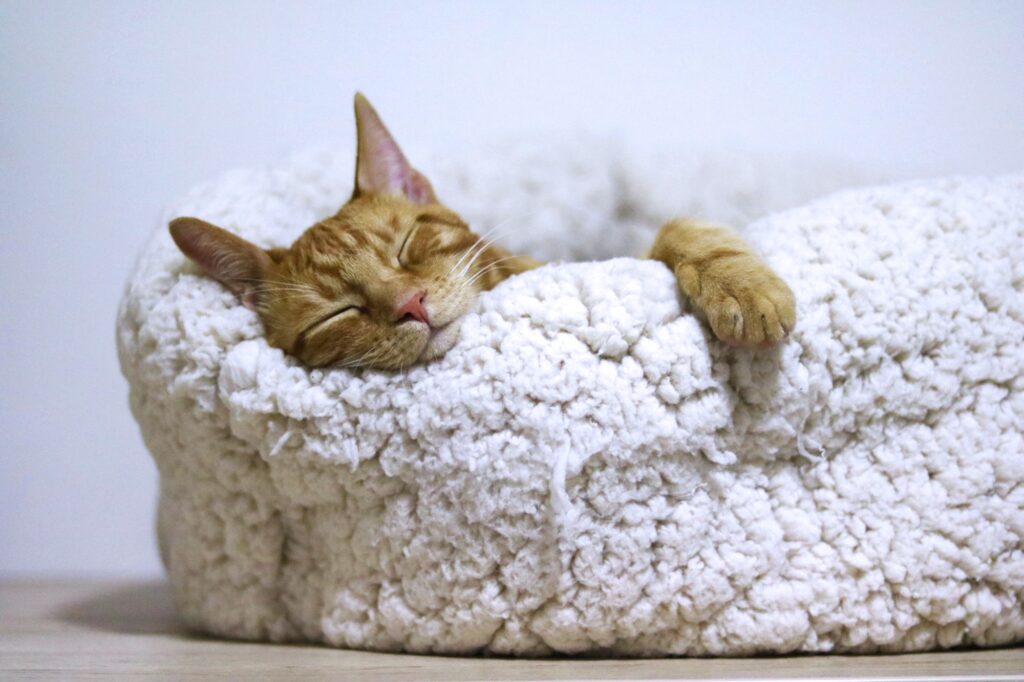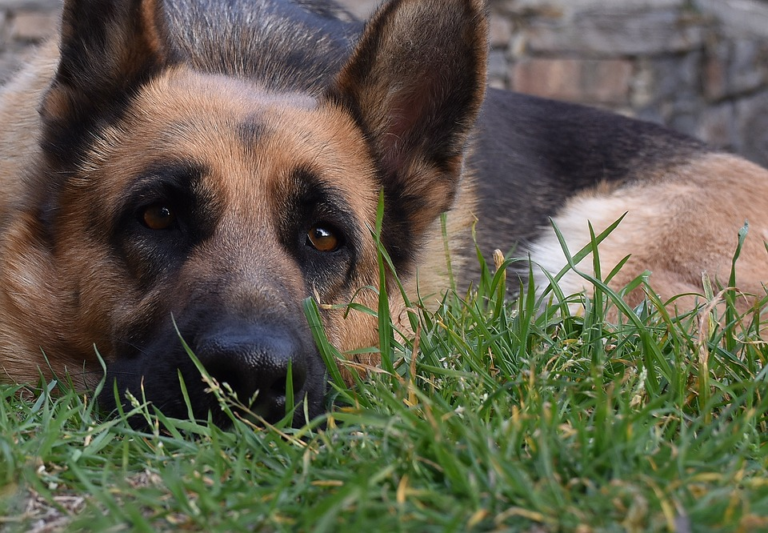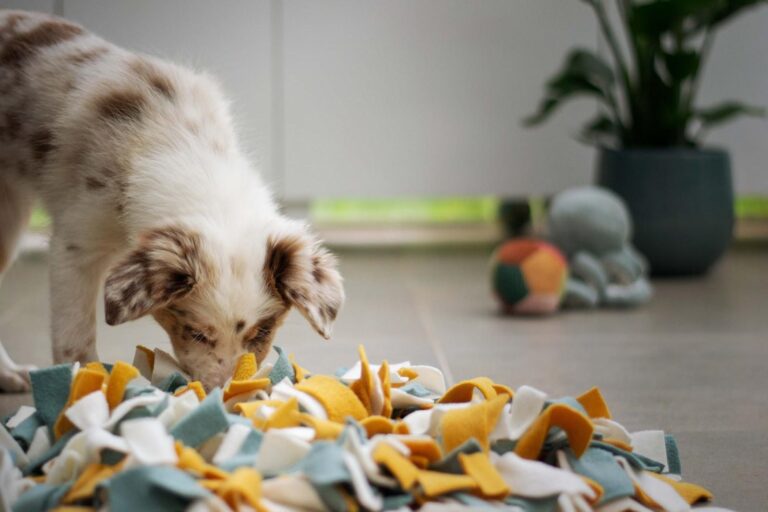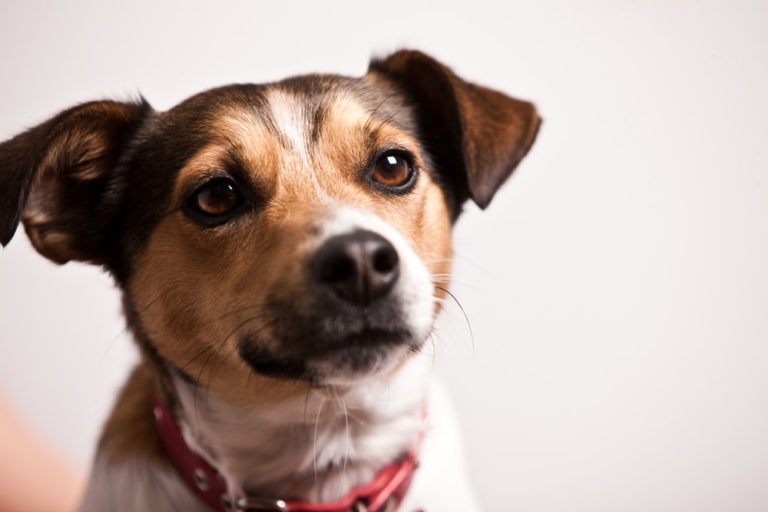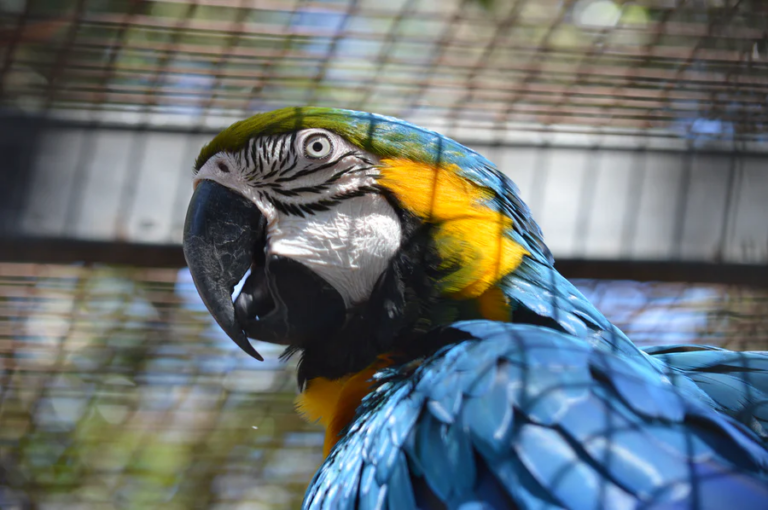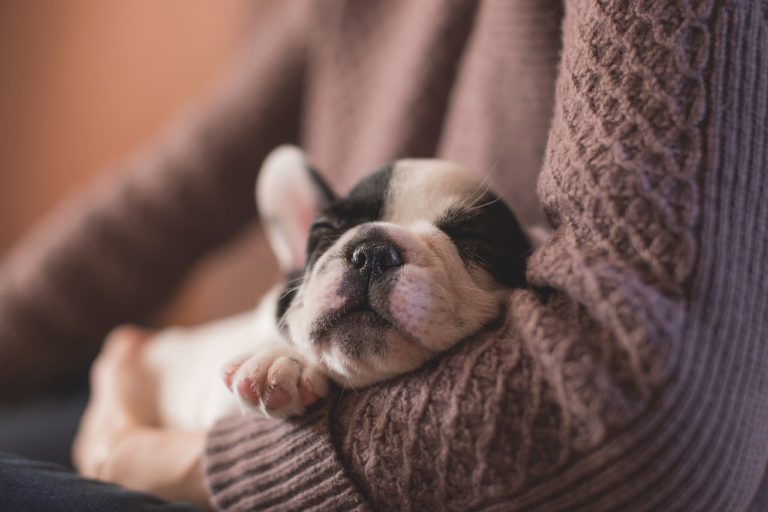Top 5 Signs That Show Your Kitten is Unhealthy
Diagnosing an animal’s illness is challenging as they cannot tell you what is wrong. It might be difficult to determine what is wrong with your kitten. In many cases, the illness is nothing serious and can be treated at home. Unfortunately, other illnesses are deadly unless treated by a vet.
Deciphering a kitten’s symptoms might not be easy if you do not know what to look for. However, armed with a bit of knowledge, you could soon learn to decode your kitten’s symptoms and figure out what is ailing it.
Here are common indicators that a kitten is not feeling well and in need of probiotics for cats:
Top 5 Signs That Show Your Kitten is Unhealthy
Frequent urination
Any changes to a cat’s urinary patterns indicate that something is wrong. When dealing with a kitten, the challenge is that you do not know their urinary patterns as they are still stabilizing. However, if you notice that your kitten is urinating more frequently, take it seriously.
Some cats develop hyperthyroidism in their middle to late years. However, a kitten could be born with an enlarged thyroid. Use an organic cat thyroid supplement throughout a feline’s life to help with the prevention of hyperthyroidism. Fortunately, nowadays, many brands like Vet’s Best, Nutri Vet, and Scruffy Paws Nutrition offer products that are both affordable and of high quality.
If you suspect something is wrong with your cat’s thyroid, see a vet. The signs that accompany more frequent urination include weight loss and increased appetite and thirst. These symptoms are wide-ranging and could mean anything but taken together, they could point to feline hyperthyroidism. The condition is treated using mediation, radioactive iodine therapy, surgery, and dietary changes.
Trouble urinating
A cat that strains to urinate or shows obvious signs of pain and discomfort during urination and produces little urine needs medical attention. Darker urine could indicate a kidney problem, such as a UTI. It could also mean that a cat is dehydrated.
Felines may be inclined to experience kidney and bladder trouble because their water intake is insufficient. Cats get most of their fluids from their food and do not drink as much water as dogs do. Different foods contain varying levels of liquid, with dry food having the least and moist food the most.
Any kidney or bladder problems need a vet’s intervention. First, the doctor will test the kitten’s urine to determine where the problem lies. If this test does not provide enough clarity, bloodwork might be necessary. Delaying treatment could lead to dehydration and other severe medical complications, making early medical intervention your best option.
Vomiting
Kittens tend to be greedy at mealtimes and eat far more than their tummies can accommodate. Their instinct of understanding that they are full has not yet fully developed. Any animal’s natural response to overeating is vomiting to void the excess food. You might even notice that your kitten’s stomach starts forming a visible bulge during and after eating.
Start by cutting your kitty’s meals into smaller portions and feeding it more frequently, as this prevents indigestion that could lead to vomiting. If your kitten’s appetite never seems to be sated, consider asking your vet for deworming medication, as this could indicate the presence of intestinal worms.
Should vomiting persist, it could be a sign of something more serious. Should the colour and consistency of a kitten’s vomit change, indigestion might not be the problem. If your kitten vomits blood, get to a vet without delay. Excessive vomiting could lead to dehydration, organs shutting down, and eventual death if not treated.
Eye gunk
A few crusts in the corner of a kitten’s eyes are nothing to be concerned about. As a responsible pet owner, ensure that you wipe away these flakes daily. However, if your kitten develops goop in its tear ducts, something could be wrong. A continuous white or opaque discharge from the eye could mean a blocked tear duct, allergic reaction, infection, or eye trauma.
Do not rush to your vet at the first sight of eye gunk in a kitten. Use a damp cloth to clean it and clean the area gently. Afterwards, see if it returns and how long it takes to do so. If this problem is persistent or your kitten’s vision seems impaired, it is time for a trip to your local veterinarian. Visual impairment is characterized by colliding with objects or being unable to navigate a room safely.
Diarrhoea
Loose runny stool is something that all cats will experience during their lifetime. Generally, it is caused by something benign, such as a change in diet or feeding routine. In such instances, diarrhea clears up by itself.
Chronic diarrhoea that shows no sign of letting up should not be taken lightly. Excessive diarrhoea could lead to dehydration that, as mentioned above, could prove fatal for a kitten. If your kitten’s diarrhoea continues, it could indicate the presence of intestinal worms, a dietary deficiency, or anxiety. Several other factors might contribute to this diarrhoea, although only a vet can determine what is wrong and prescribe an appropriate treatment program.

